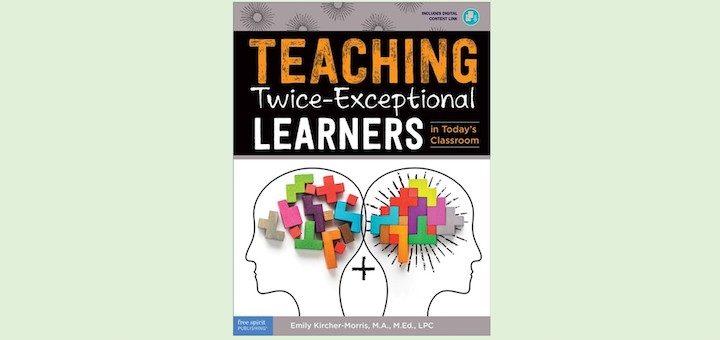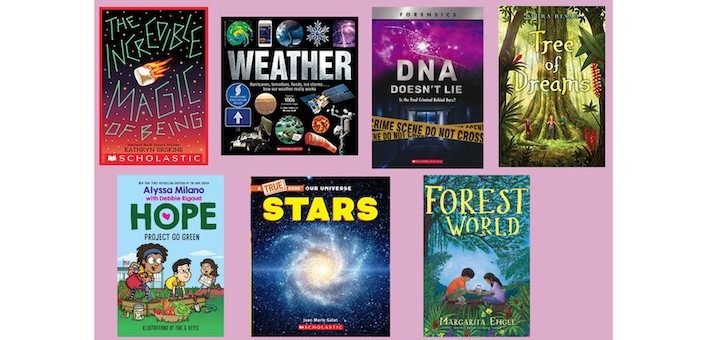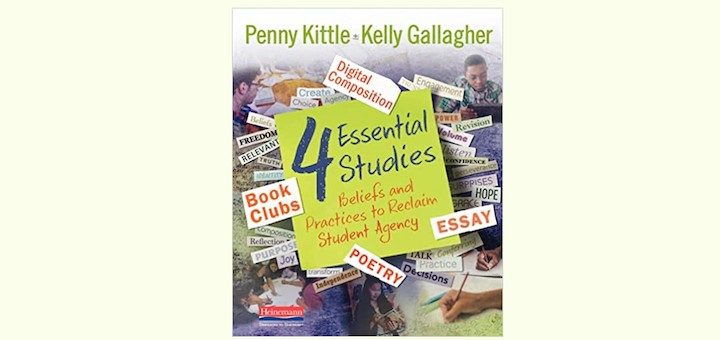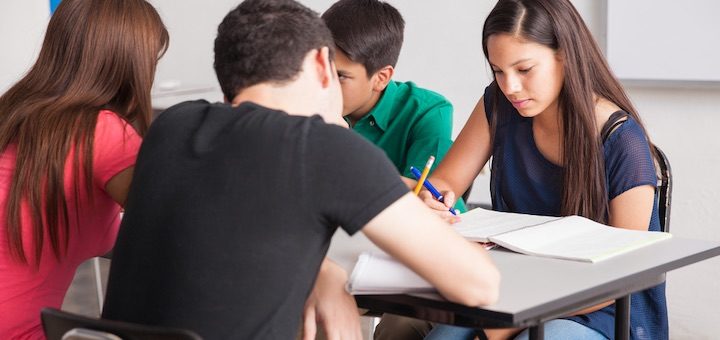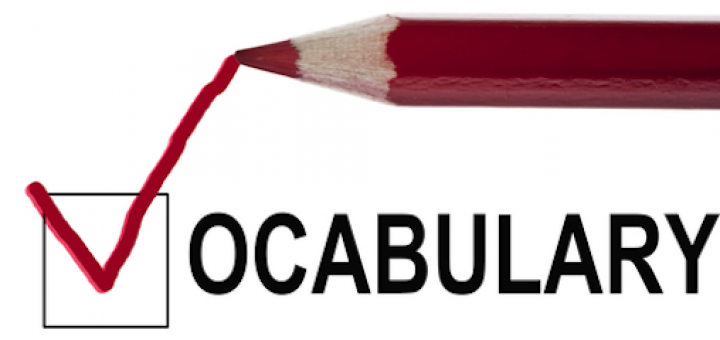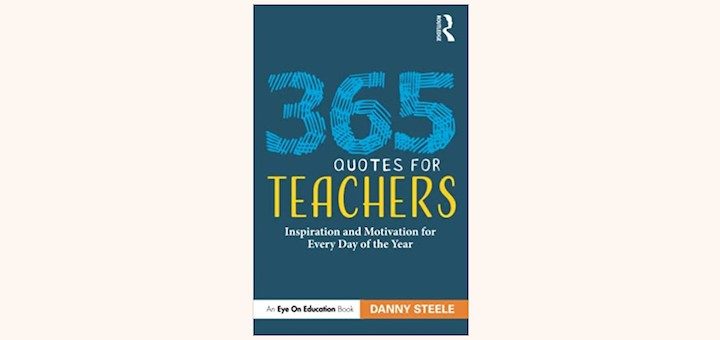Teaching and learning in grades 4-8
In Teaching Twice-Exceptional Learners in Today’s Classroom Emily Kircher-Morris clears up misconceptions about twice-exceptional students and shares many easily accessed tools for teaching 2E students in general and with specific exceptionalities, writes Sarah E. Pennington.
Book talks are common in English Language Arts classrooms and libraries. But what about in the middle grades science classroom? Katie Caprino and Alyssa Marzili share how digital book talks can fit into science classes and offer book titles to catch students’ attention.
One of the few silver linings to teaching in the pandemic has been a boost in teachers’ familiarity with and use of some pretty incredible tools, each designed to make it simple to gather evidence of learning with ease and efficiency. Curtis Chandler shares six favorites.
Culturally responsive and sustaining teaching needs to underlie and guide all our classroom practices, write Ferlazzo and Sypnieski. When we validate the cultural learning tools that diverse learners bring, we can leverage them to produce positive outcomes for all students.
Reading and writing experts Penny Kittle and Kelly Gallagher detail how to use essays, book clubs, poetry and digital composition to support student literacy and build student agency. Reviewer Helene Alalouf says your students will thank you for bringing the book’s ideas to class.
Ideally, the “you do together” phase of GRR is a student-led experience that acts as a catalyst for learning. But how often does this kind of student interaction really happen in classrooms? Cummins and Webb consider what teachers can do to foster true collaboration.
Under the canopy of state standards, student knowledge of academic vocabulary counts more than ever, across all the content areas. In this collection, MiddleWeb has gathered together our most helpful articles about the kind of word study that’s time sensitive and sticks in your long-term memory.
At Kasey Short’s middle school, drama teacher Aaron Mize brings students together to experience the creation and the performance of theater. See step-by-step how the middle graders put together shadow puppetry, monologues, workshop-improv scenes, song in a box, and plays.
What promises do we need to make (and keep) so that our students will truly believe they belong in our classrooms and will be safe and cared for there? Middle grades leaders Laurie Barron and Patti Kinney break down the 25 promises they feel have the most impact.
365 Quotes for Teachers: Inspiration and Motivation for Every Day of the Year does what author and principal Danny Steele intends – motivates, challenges, and helps keep the job in perspective. Reviewer Anne Anderson suggests ways to use the book and offers some samples.

